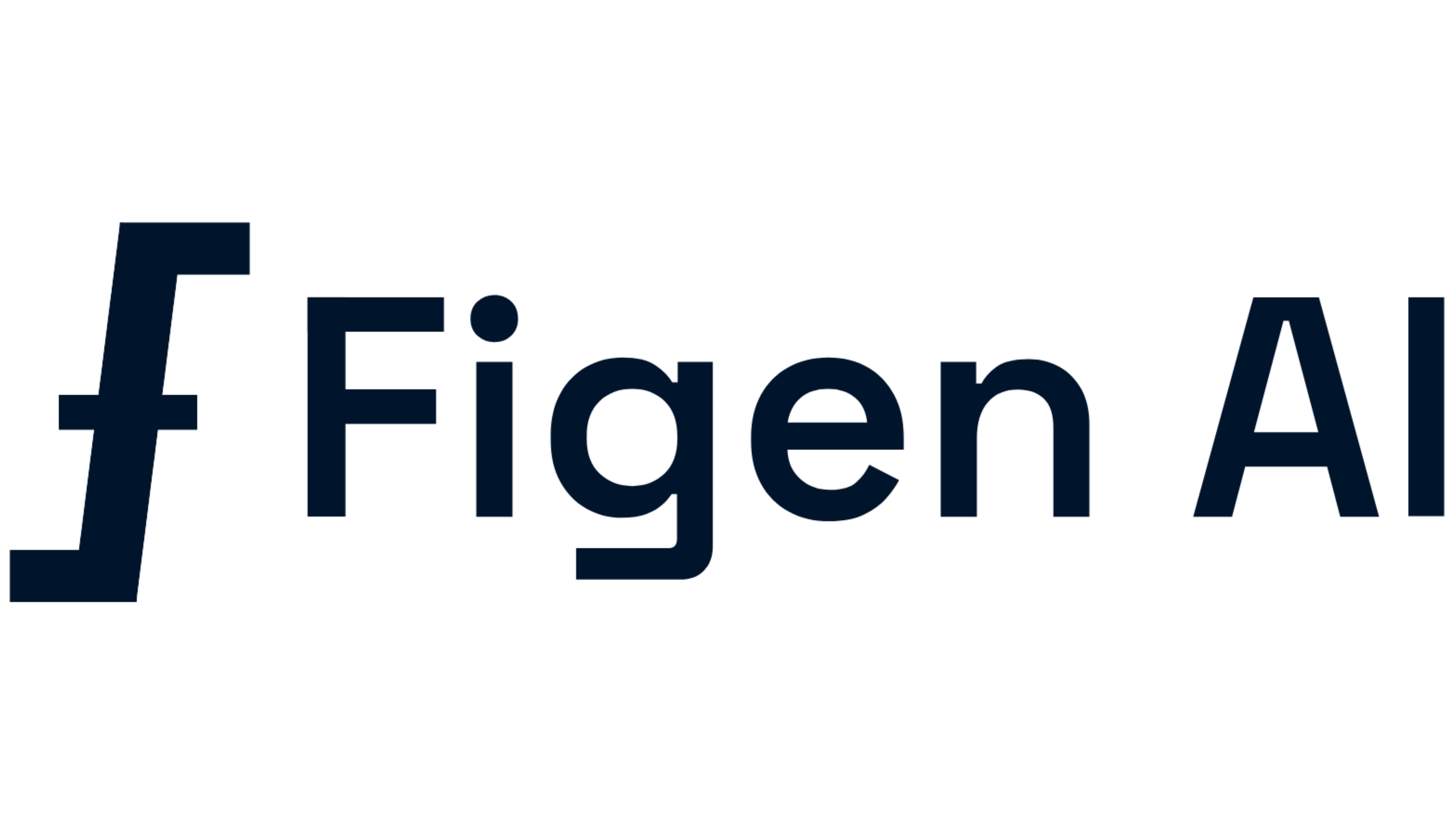"The savings of the French are lying idle while our start-ups are struggling": a plea for a PEA-Tech
While 110 billion euros lie dormant in 7 million French PEA accounts, our artificial intelligence and deep tech startups struggle to raise a few million to compete with American giants. The announced revolution of the PEA in the Assembly could be an opportunity to create a PEA-Tech, argues Vincent Aurez, an expert in AI and finance.
The PEA is about to change. In the corridors of the Assembly, a parliamentary amendment outlines the contours of liberated savings: abolished ceilings, unified envelopes, and facilitated transmission. Thirty years after its creation, the Plan d'épargne en actions (PEA) could well experience its Copernican revolution. But behind the enthusiasm of savers lies a persistent French paradox. What good is unlocking dormant billions if this windfall does not find its way to the companies shaping the future? Because the real question is no longer how to save, but how to save wisely.
Disruptive SMEs are struggling in the desert
France invests in artificial intelligence, but not yet in its own technological sovereignty. While French AI and deep tech startups find it hard to raise a few million euros, markets are inflating for artificial valuations on the other side of the Atlantic. In 2023, generative AI startups raised 22 billion dollars, with the overwhelming majority in the United States. Meanwhile, French disruptive SMEs are grappling with a funding desert. The paradox is glaring: France holds 7 million PEAs representing over 110 billion euros, yet barely 2.7 billion are directed towards the PEA-PME. What if we finally created a PEA-Tech, designed to support the companies that carry our industrial and scientific destiny?
Capital-hungry AI SMEs
The French entrepreneurial dynamic is very real. In 2024, 385 deep tech startups were born. Companies like Mistral AI, Owkin, Pasqal, or Innovafeed embody this generation of builders with high technological intensity. They do not need subsidies: they need capital. However, while the Pacte law has expanded the possibilities of the PEA-PME, most of the savings of the French remain underutilized, kept in cautious funds or low-yield savings accounts. The potential is there, dormant. It would only take a simple, visible, and incentivizing vehicle: a PEA-Tech open to all, with a tax bonus for funds or securities linked to strategic technologies. A way to bring the citizen saver closer to the real economy and make them a player in progress.
Financing AI is not yielding to the trend of the moment. It is about identifying and supporting concrete industrial uses, sovereign tools, and emerging champions.
History has taught us: the line between technological enthusiasm and speculative bubbles is thin. The dot-com crisis or the crypto frenzy have vaccinated us against unfounded euphoria. But every phase of innovation needs financial momentum. The danger is not the influx of capital, but its misallocation. Financing AI is not yielding to the trend of the moment. It is about identifying and supporting concrete industrial uses, sovereign tools, and emerging champions. It is not about inflating valuations, but about growing a knowledge economy. Between speculative fantasy and budgetary caution, a path exists: that of innovation capitalism.
Financing AI, not bubbles
The strategic state has shown its effectiveness: Colbert in the 17th century, the Calcul Plan in the 20th, and today Bpifrance or the IPCEIs in Europe. But in a modern economy, the state cannot do everything. What it can - and must - do is orchestrate incentives. This PEA-Tech would be a strong signal: yes, the French can invest in their sovereignty. Yes, the risk can be shared among savers, institutional investors, and public authorities. Yes, digital sovereignty is also financed in portfolios. In a world where AI redefines value chains, being a spectator means becoming a vassal. The time has come to transform dormant savings into a motor of independence. Financing AI, not bubbles: it is betting on long-term intelligence.




